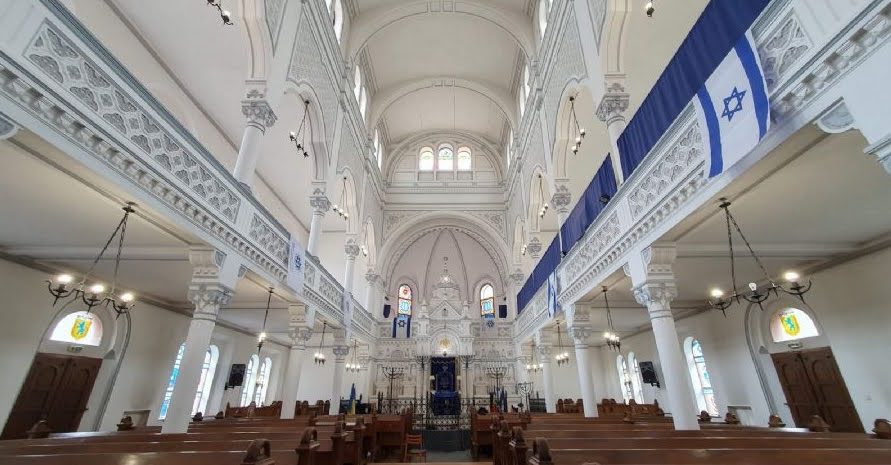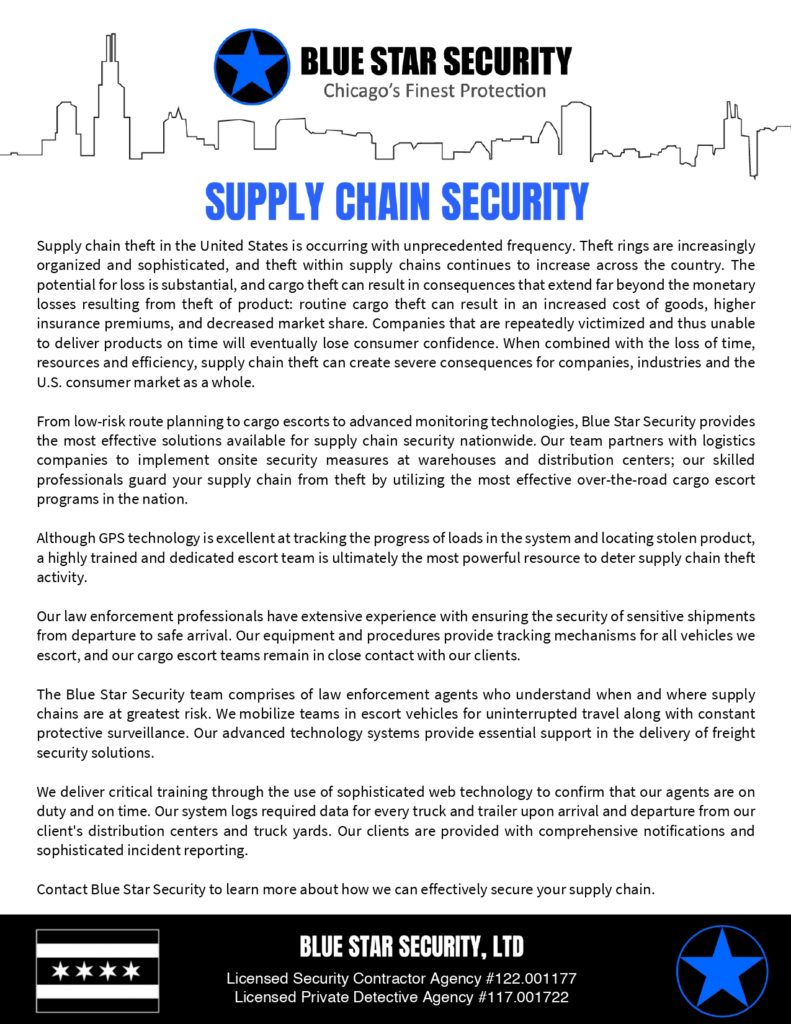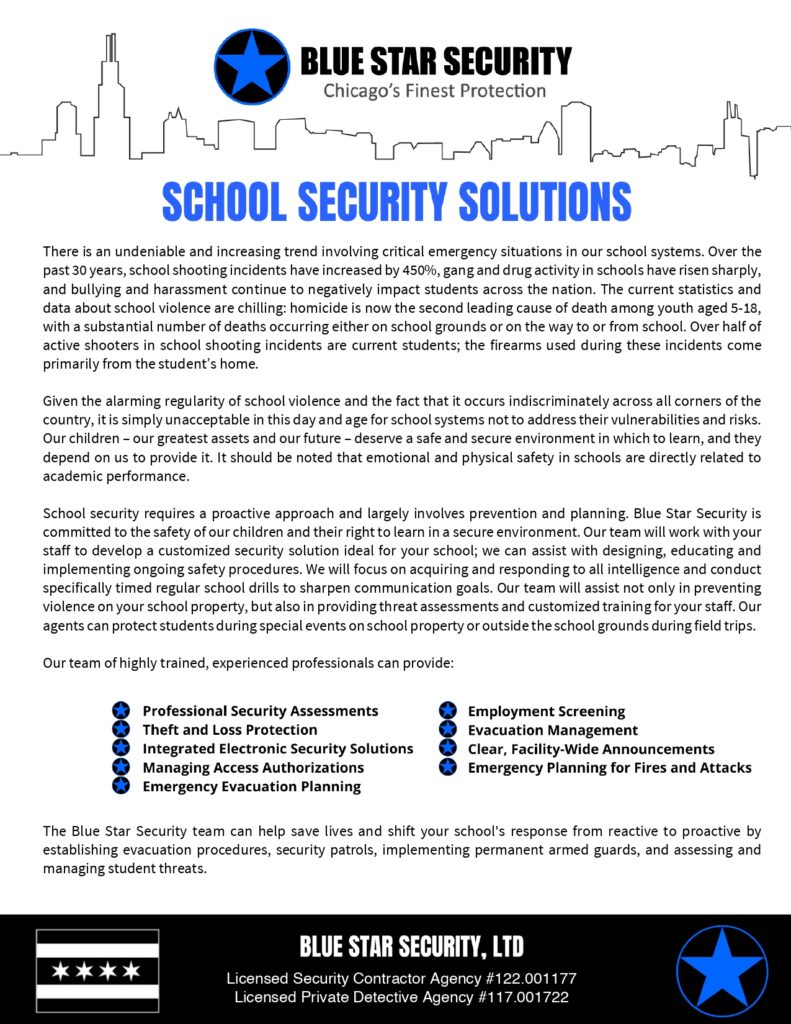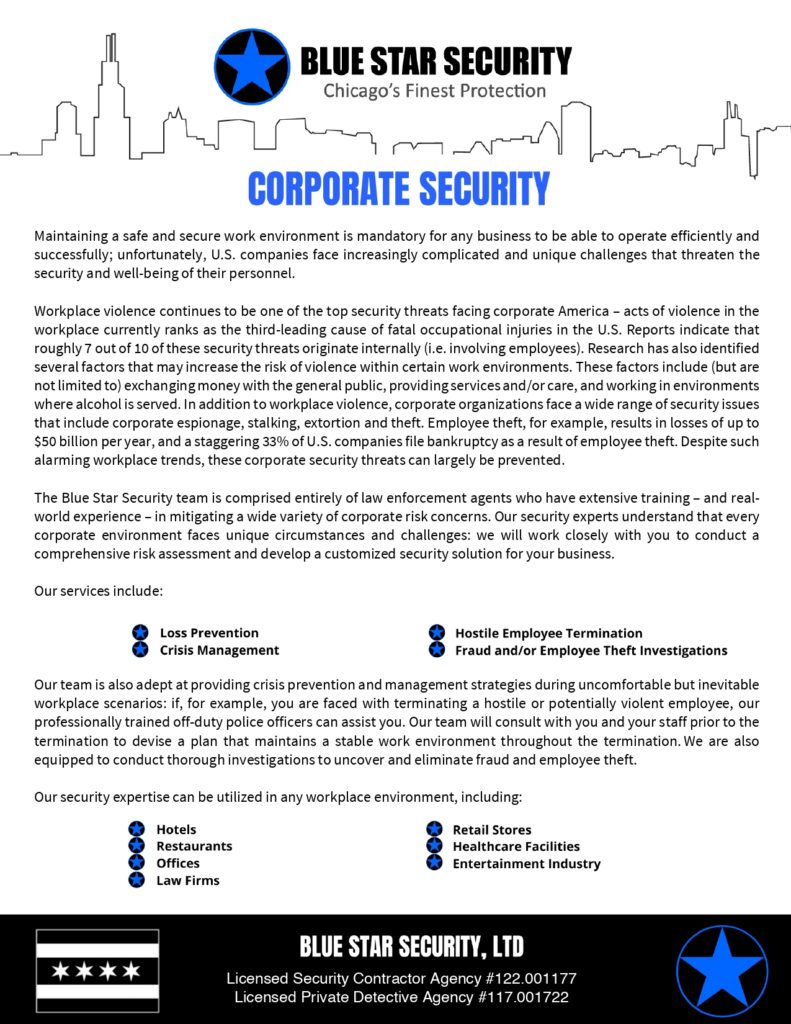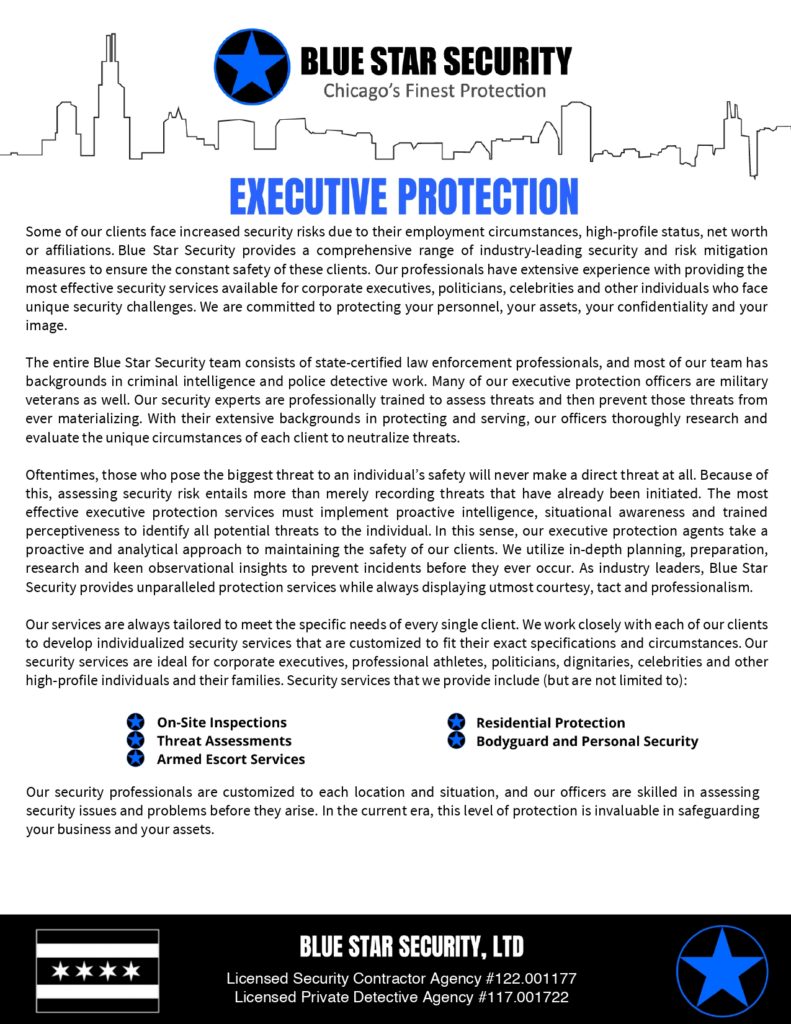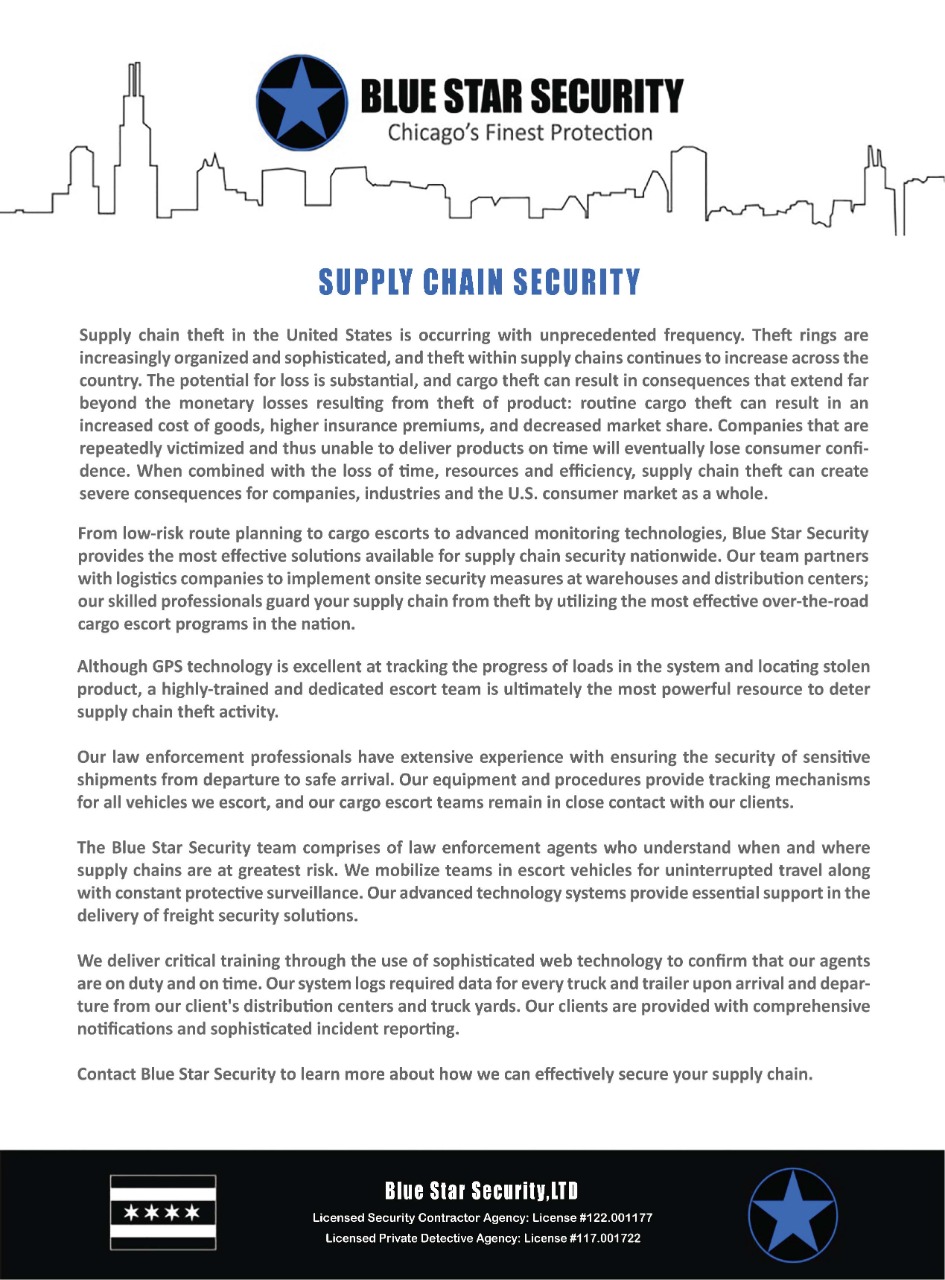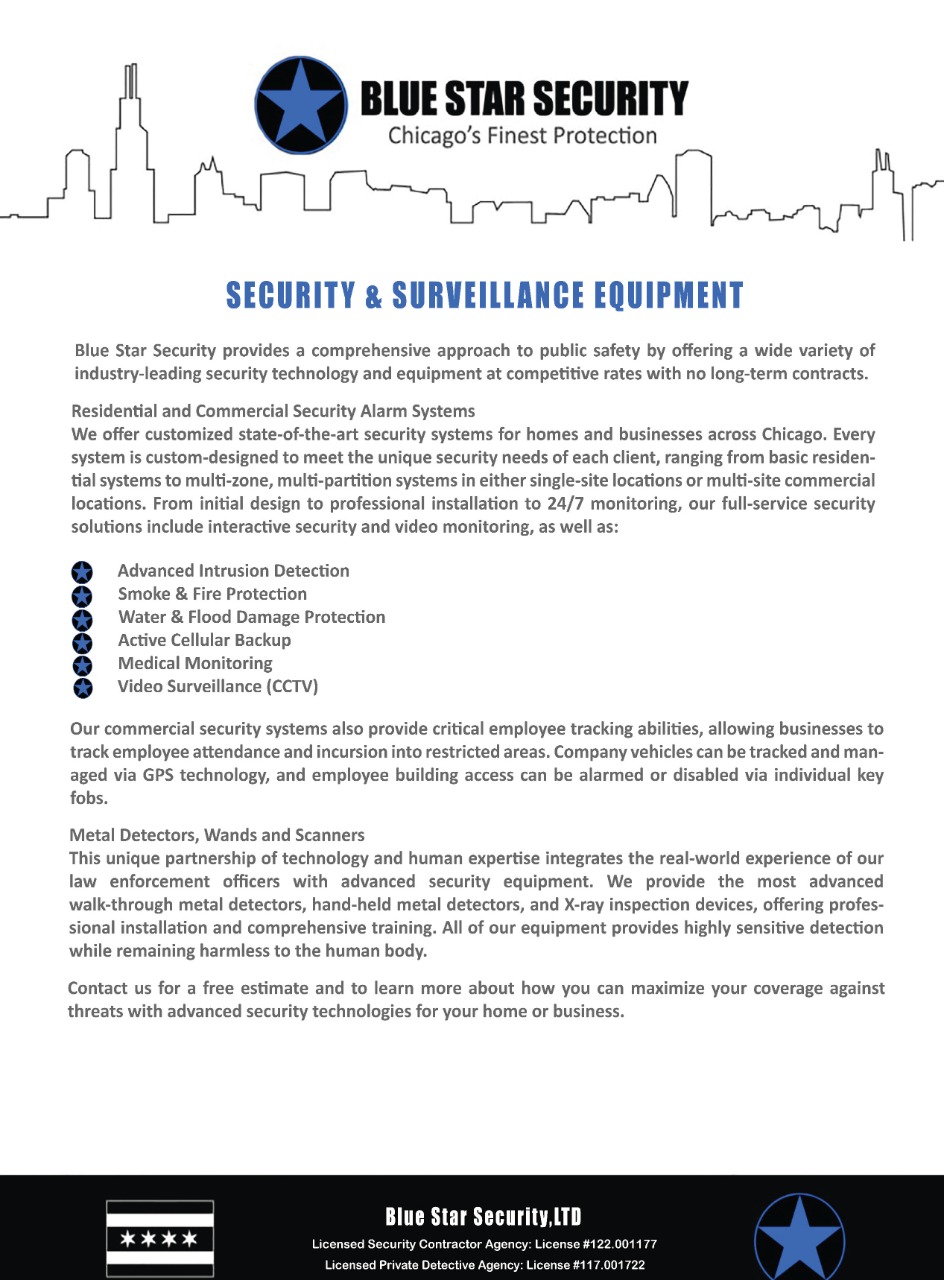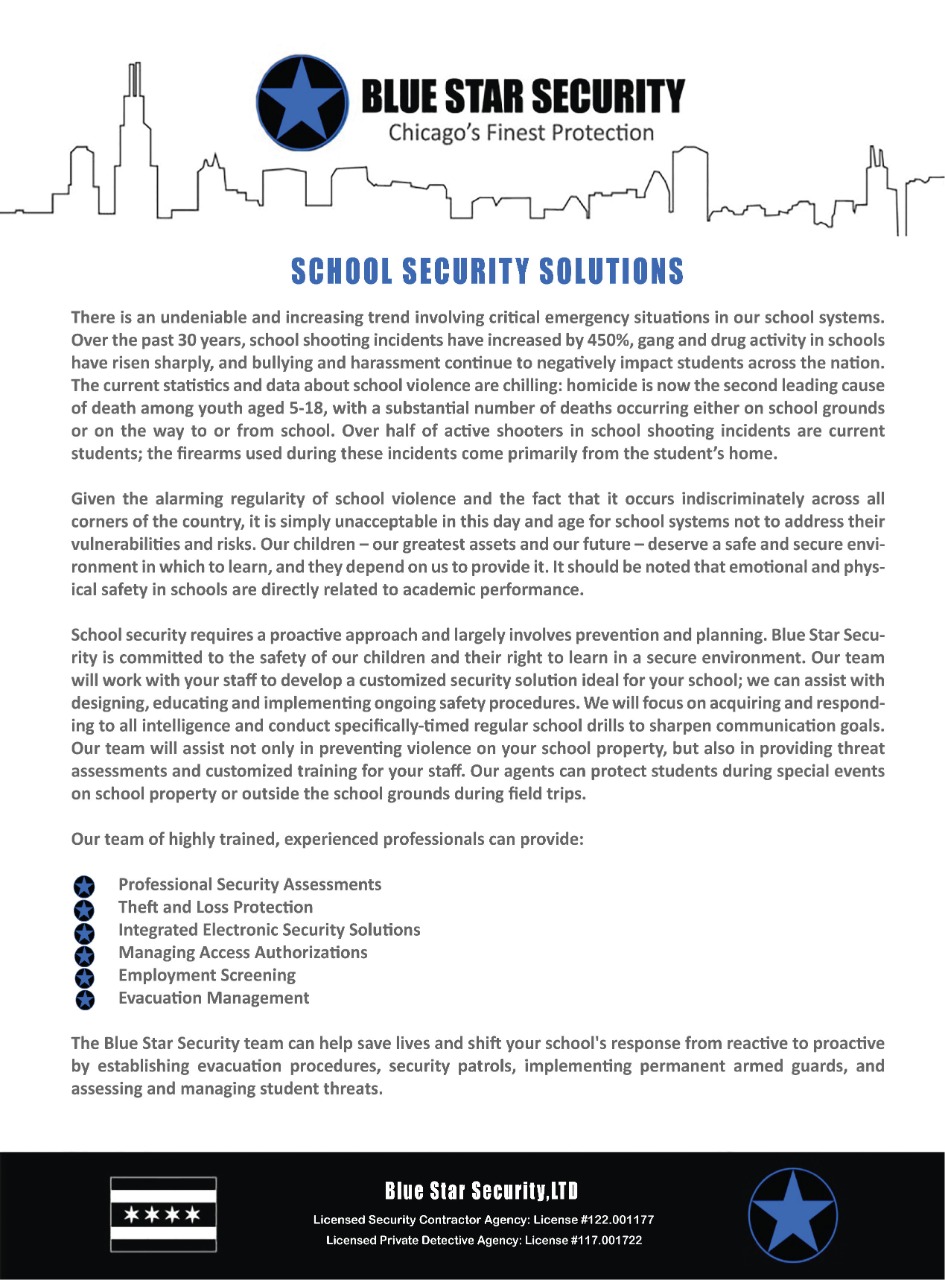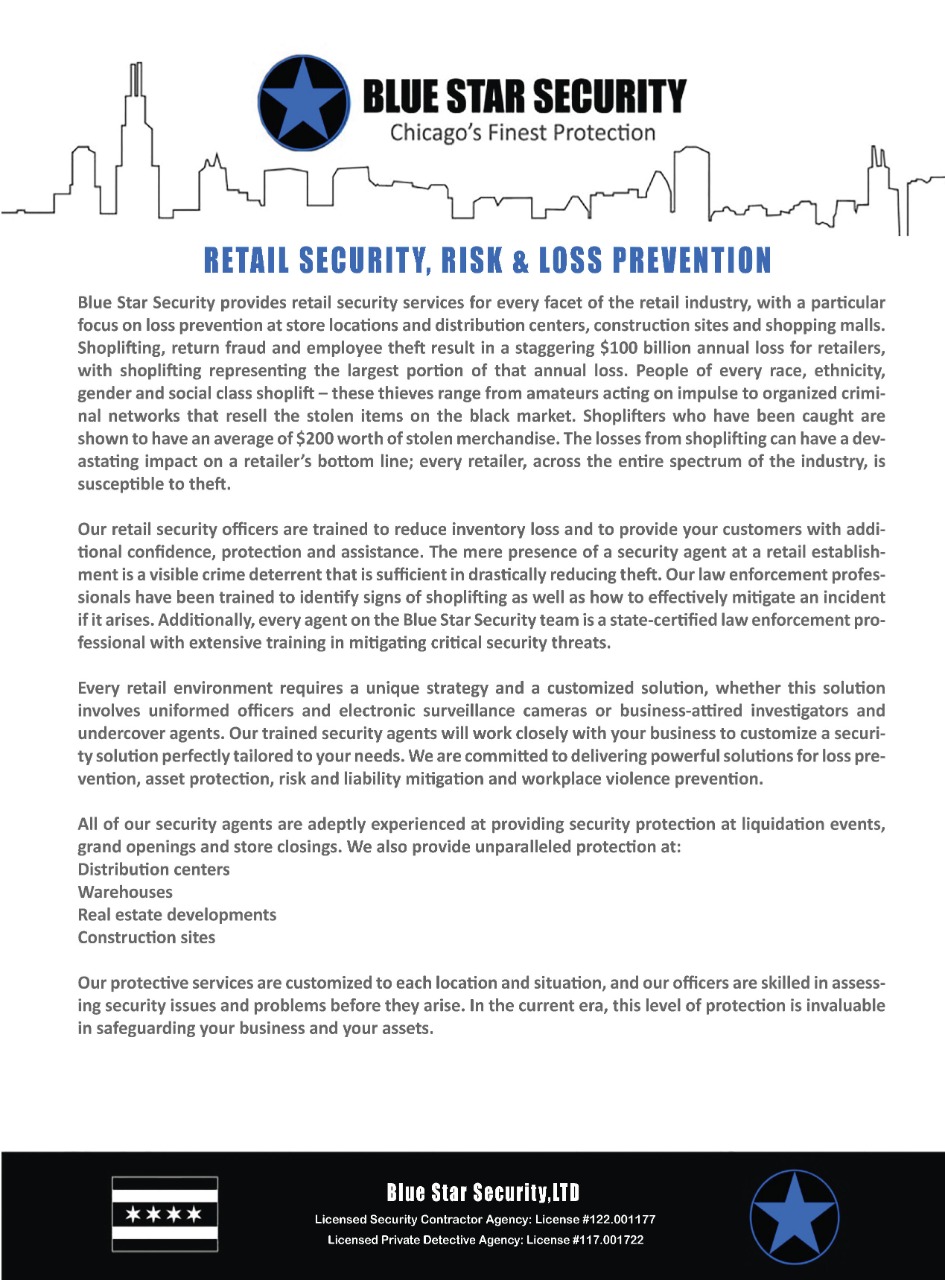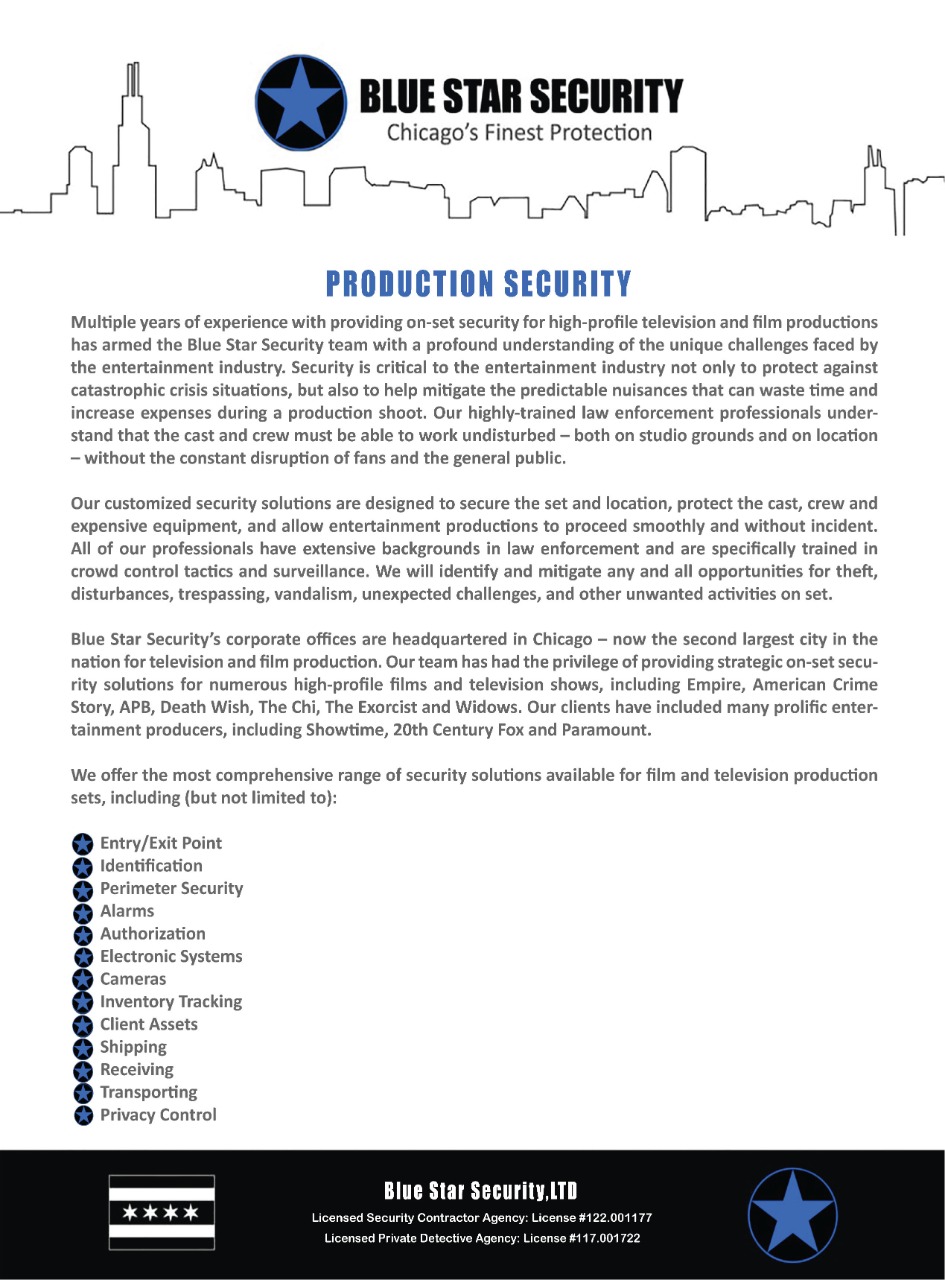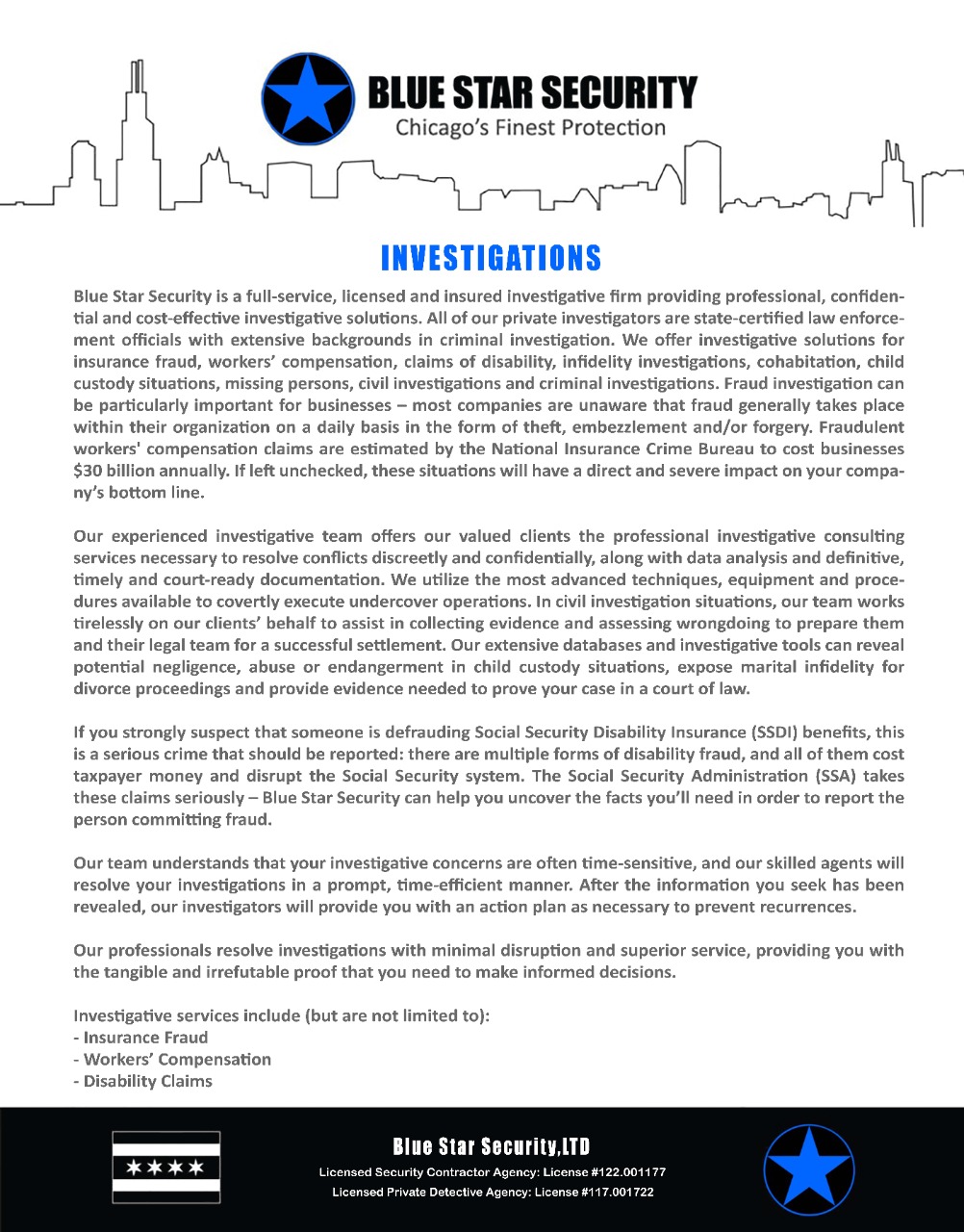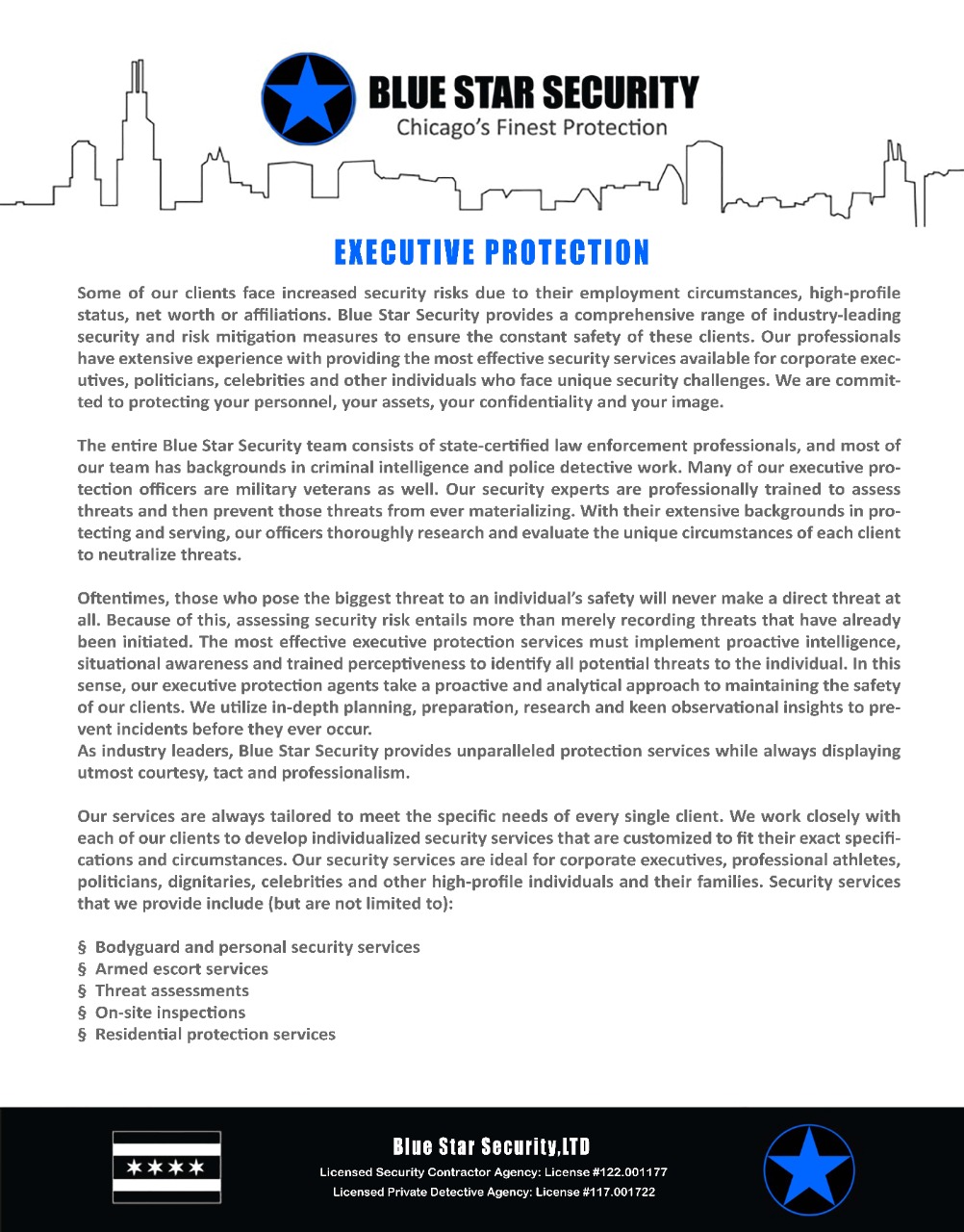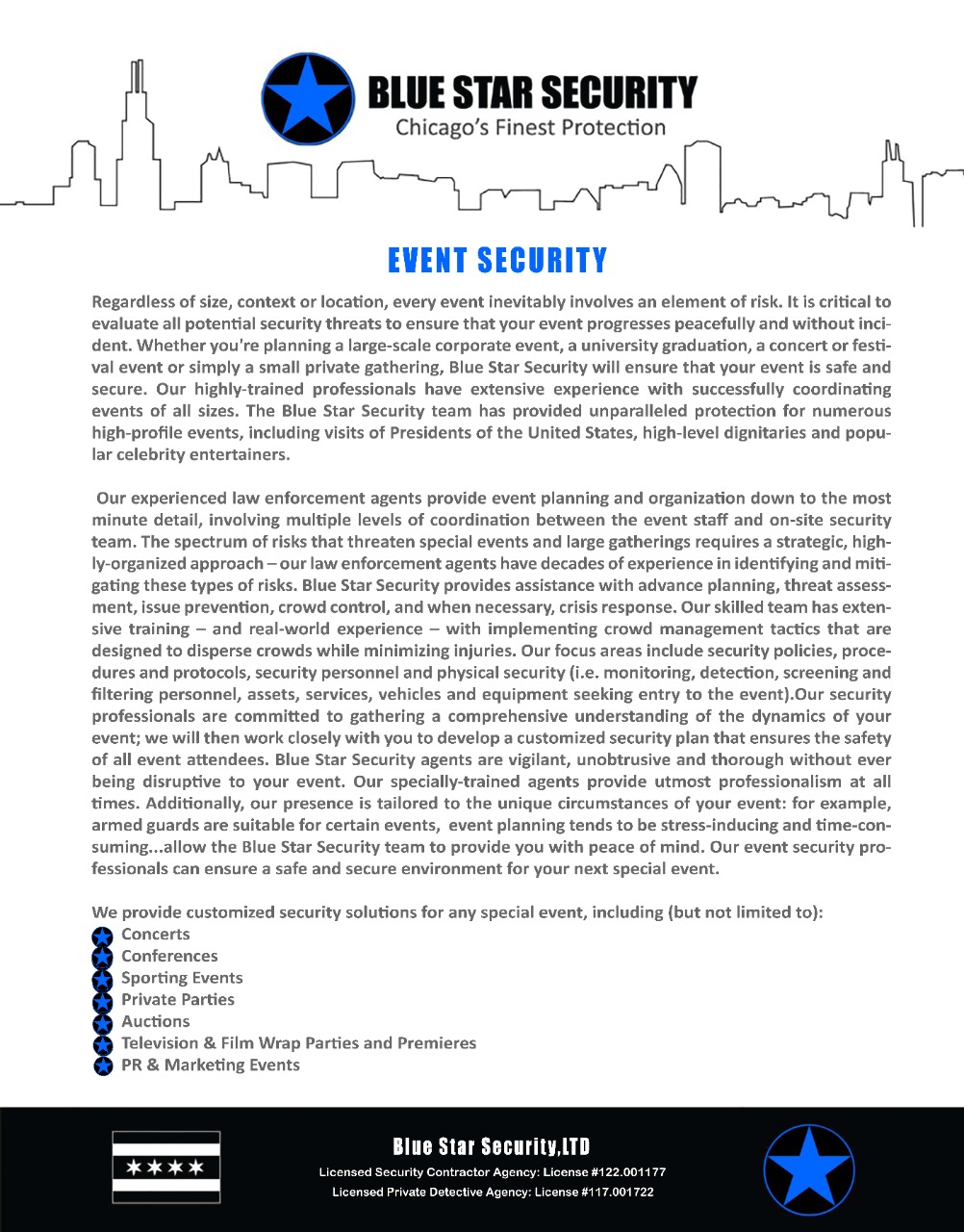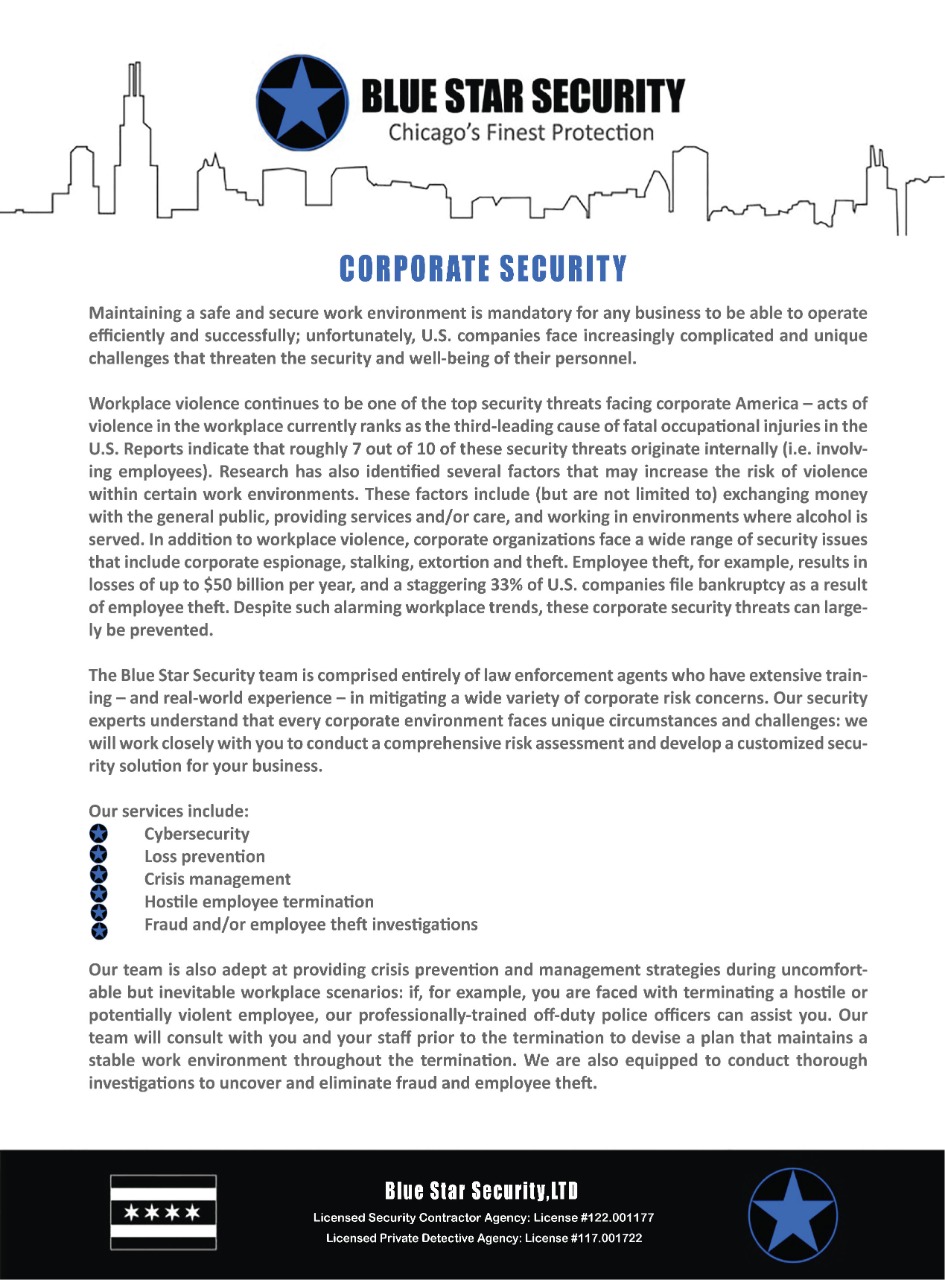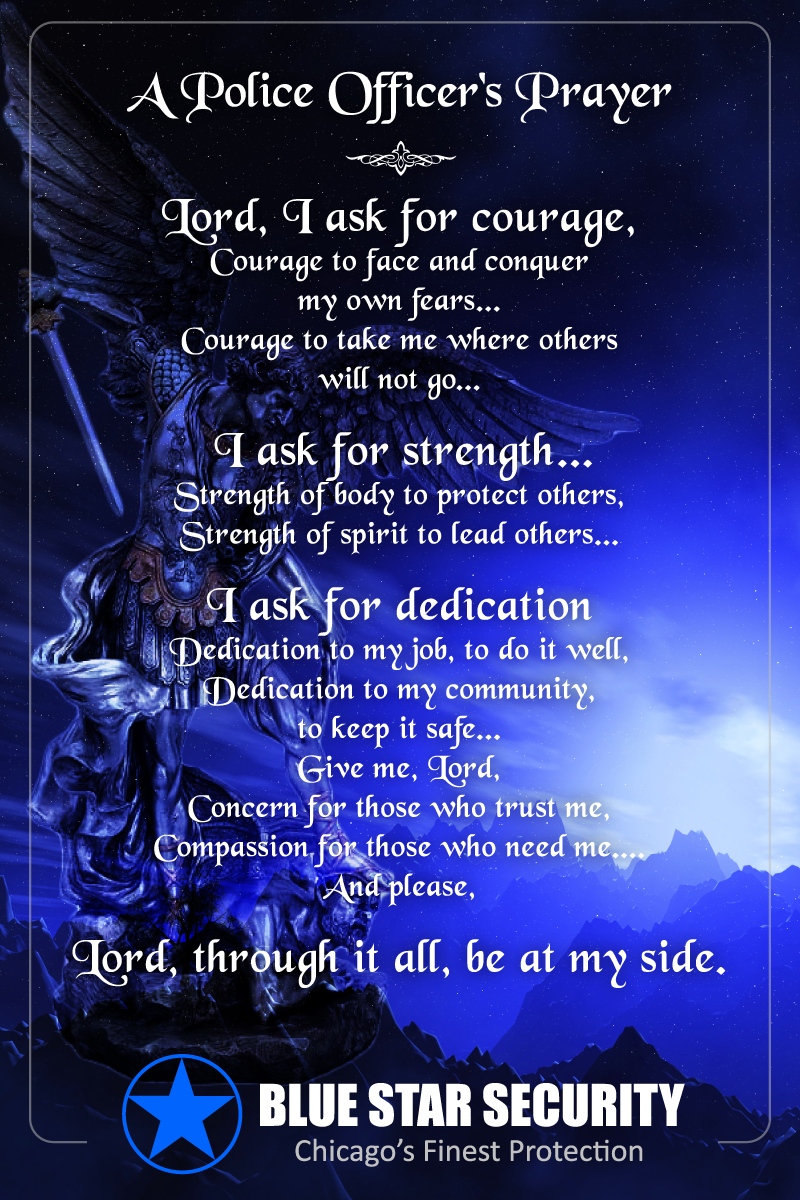The Anti-Defamation League’s recent report on antisemitism in the U.S. brought both encouraging and sobering news for Illinois. On one hand, the state was ranked as “leading the way” in combating antisemitism—applauded for its Commission on Discrimination and Hate Crimes and new legislation allowing victims of harassment to seek civil compensation. On the other hand, the ADL found a 59% increase in antisemitic incidents in Illinois last year compared to the year before.
For Chicago’s Jewish community, these findings are a call to action. State-level policies are important, but they don’t replace the day-to-day security measures that keep synagogues and Jewish institutions safe. In today’s environment, every congregation—large or small—should have a clear, practical plan for prevention, protection, and response.
Understanding the Threat and the Role of Place of Worship Security
The ADL’s report points to a variety of incidents: vandalism, harassment, and targeted intimidation. Many of these acts occur in or around Jewish spaces—synagogues, schools, community centers. While the numbers are alarming, they also underscore the importance of readiness. Synagogues can’t afford to assume that incidents “won’t happen here.” A prepared community is a safer community.
Building a Blueprint for Place of Worship Security
An effective synagogue security plan doesn’t need to be complicated, but it should be layered and consistent. Key elements include:
- Threat Assessment – Start with a professional evaluation of your building, routines, and events. This helps identify vulnerabilities, from unmonitored entrances to poorly lit parking areas.
- Access Control – Limit entry points and consider secure entry systems during services and events. This is especially important during high-attendance times like High Holidays or special programs.
- Visible Security Presence – A trained, visible security presence is one of the strongest deterrents against threats. This may include uniformed guards, off-duty law enforcement officers, or a mix of professionals and trained volunteers.
- Surveillance and Monitoring – Quality camera systems and live monitoring provide both real-time awareness and post-incident evidence.
- Emergency Preparedness Training – Congregants, staff, and volunteers should know how to respond to suspicious behavior, medical emergencies, or evacuation scenarios. Regular drills build confidence and speed in stressful moments.
Balancing Place of Worship Security with Community
One concern many synagogues share is how to maintain a welcoming, spiritual environment while implementing tighter security measures. The goal isn’t to create an atmosphere of fear—it’s to give people the confidence to gather and worship without distraction. The most effective security approaches are respectful, discreet when needed, and always designed with the community’s comfort in mind.
Why Place of Worship Security Matters Now
Illinois’ “leading” status in fighting antisemitism is meaningful—but the reality is that policies take time to filter down into everyday safety. In the meantime, communities must take the lead in protecting themselves. For Chicago-area synagogues, the right security plan can be the difference between reacting to an incident and preventing one altogether.
Blue Star Security, headquartered in Chicago, has worked closely with synagogues and Jewish institutions to design customized security strategies that blend professional expertise with cultural sensitivity. From comprehensive threat assessments to on-site protection by experienced professionals—all of them off-duty law enforcement officers—our goal is to help your community worship in peace.
The safest communities are the ones that prepare before a crisis happens. Learn more about how Blue Star Security can help protect your synagogue or Jewish institution at https://bluestarsecurityllc.com/services/place-of-worship-security/
Frequently Asked Questions About Place of Worship Security
Q: Do synagogues really need professional security if they already have volunteers?
A: Volunteers can play an important role, but professional security—especially trained law enforcement officers—provides expertise, deterrence, and rapid response that volunteers alone cannot.
Q: How can security be balanced with keeping a synagogue welcoming?
A: The best security is discreet, respectful, and community-focused. Measures are designed to enhance peace of mind without creating an atmosphere of fear.
Q: What’s the most important first step for a synagogue looking to improve security?
A: A professional threat assessment. It identifies specific vulnerabilities in your building, routines, and events so you can build a plan tailored to your community.
Q: Who provides Blue Star Security’s protection services?
A: Every member of our team is an active or retired state-certified law enforcement officer with years of experience safeguarding places of worship and community institutions.

